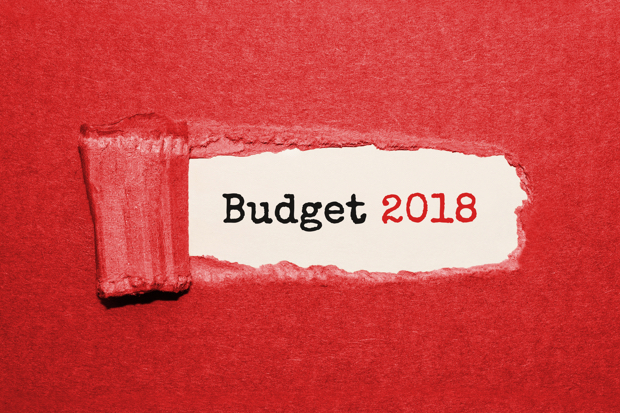31 October 2018
Budget 2018: A summary for drivers and fleet managers and drivers
We’ve put together a short guide on the main talking points within the automotive industry after the 2018 budget announcement.

We’ve put together a short guide on the main talking points within the automotive industry after the 2018 budget announcement.
Fuel benefit charges increase for company cars
No changes to alternative fuel duty
Road tax increase
Funding for electric vehicle charging points extended
Worldwide harmonised Light vehicle Test Procedure (WLTP) impact
Public transport investment
Fuel duty savings
Environmental incentives for van drivers
A pledge to improve the UK’s roads
Tax-free allowance increase for England
Drivers of company cars can expect fuel benefit charges to increase form April next year. The budget document stated that the increase will fall in line with inflation.
The chancellor confirmed there are no plans to change the different rates for alternative and main road fuel duty rates until at least 2032. This will benefit drivers of zero and ultra-low emission vehicles.
From April 2019, Vehicle Excise Duty (VED) for cars, vans and motorcycles will increase. Like fuel benefit charges, this will also fall in line with inflation. VED for Heavy Goods Vehicles (HGVs) has been frozen for another year.
The government will extend the funding given to companies who are investing in electric vehicle charge points to 2023.
The budget document stated that the government will be reviewing the impact of WLTP on VED and company car tax and will release a report in spring 2019.
The government confirmed they will be investing £90 million in smart transport which will include ‘on-demand buses’.
We already knew that fuel duty was going to be frozen for the ninth consecutive year. However, the chancellor stated that this tax freeze has saved the average car driver £1,000 and van drivers £2,500.
There will be new environmental incentives for van drivers with the aim of increasing zero and ultra-low emission and alternatively-fuelled vans from April 2021. Information about the bands and rates will be set out in the Financial Bill 2019-20.
The government pledged £30 billion to improve Britain’s road and confirmed an additional £420 million to tackle potholes, bridge repairs and other minor works. In a first of its kind, the money collected from road tax will be ring-fenced to specifically help improve infrastructure.
For English tax payers, the personal allowance will increase from £11,850 to £12,500 and the higher rate threshold will increase to £50,000 by April 2019.
What was missing from the 2018 budget?
- No confirmed changes to the published company car tax tables (this is subject to the review of WLTP impact which should be published next spring).
- No further update on Optional Remuneration Arrangements (OpRA).
For more in-depth review of the 2018 budget, read our full budget guide.


